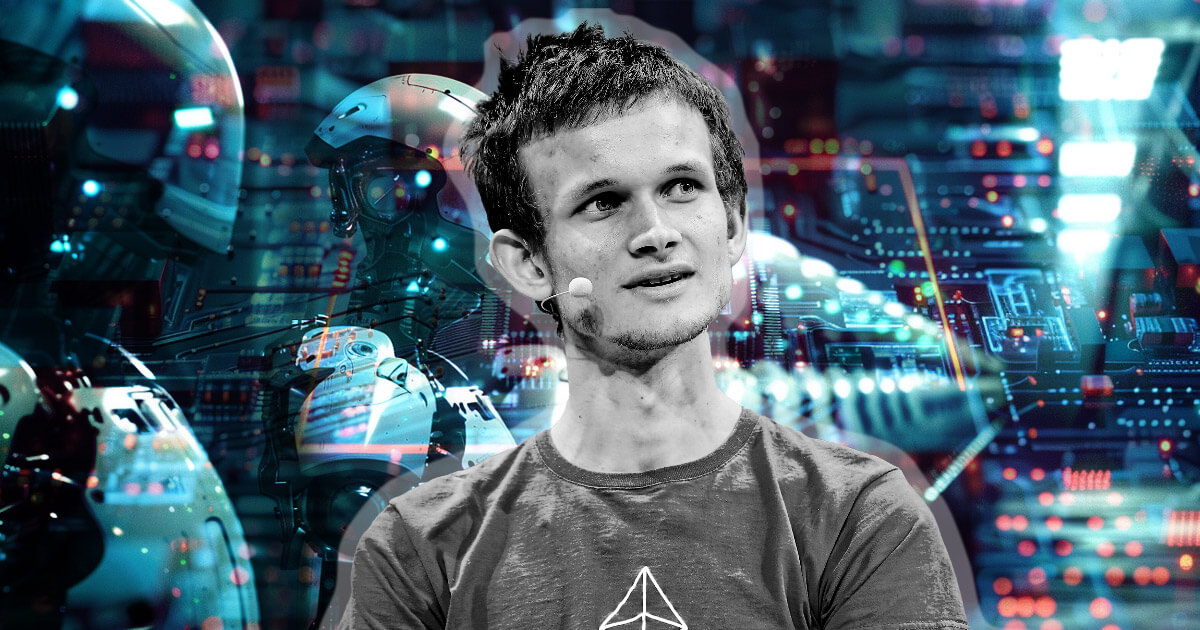Ethereum co-founder Vitalik Buterin expressed concerns about the rapid development of superintelligence AI and the concentration of power within the AI industry. In a recent statement, Buterin highlighted the risks associated with superintelligent AI and warned against rushing into its development. He opposed allocating $7 trillion to server farms, specifically citing Sam Altman’s ambitious funding target for AI chip manufacturing.
“Superintelligent AI is very risky, so we shouldn’t rush it, and we should push back on those who try it. We don’t need $7 trillion server farms.”
Buterin advocates a decentralized AI ecosystem and emphasizes the importance of open models that can run on consumer hardware. He argues that such a model serves as an important hedge against a future in which AI value is monopolized by a few central entities, potentially leading to a scenario in which a limited number of powerful servers arbitrate most human thoughts. According to Buterin, this decentralized approach carries a lower risk of catastrophic outcomes than corporate or military control of AI.
Buterin also supports a regulatory framework that distinguishes between “small” and “large” AI models, with the latter subject to more stringent regulation. He points out that a model with 405 billion parameters is outside the scope of consumer hardware, while a model with 70 billion parameters is not because he operates those models. But he expressed concern that many of the current regulatory proposals could over time categorize all models as “big,” stifling innovation and hindering the development of smaller, open-source AI models.
Buterin’s comments mark significant developments in the AI industry, including Altman’s controversial efforts to secure massive funding for AI chip projects and his temporary ouster from OpenAI, which highlighted deep divisions within the AI community over the pace and direction of AI development. This is according to. Altman’s push for rapid AI advancement has received both support and criticism, and there have been several recent high-profile departures, reflecting the broader debate over the future of AI regulation and governance.
According to Buterin, fostering a diverse and decentralized AI environment is essential to mitigate risks and ensure that the benefits of AI are widely distributed rather than concentrated in the hands of a few powerful players. This perspective is consistent with his broader vision of technological progress, which prioritizes democratic decision-making and decentralization.
Vitalik Buterin posts AI semiconductor superfarms should not receive $7 trillion in funding The post Sam Altman appeared first on CryptoSlate

